The Future of Archaeology in Africa
As the world adapts to new ways of living and learning under COVID-19, it is also uncovering new possibilities for collaboration. That includes across local and global borders to re-imagine the future of anthropology.
In 'The Future of Archaeology in Africa and the Diaspora', the Africa Oxford Initiative launches a globinar series centred on collaboration toward this goal, and how the discipline can be used as a positive force for the continent’s development.
“We can achieve so much more by collaborating and suddenly, curiously, we now have the time and are making the time to build and strengthen key collaborations,” said Amy Bogaard, Head of the School of Archaeology at Oxford, in the first session’s opening.
HERI’s Professor Rebecca Ackermann joined the conversation with Head of the Department of Archaeology at the University of Cape Town (UCT), Shadreck Chirikure.
Ackermann’s research is on understanding the record of fossil evolution and how we came to be the way we are. She also contributes to knowledge production on the influence of colonial practices and imperialism in palaeoscience. Whiteness in the discipline is particularly interesting to her, including how it's been maintained and how the privileging of whiteness has affected narratives of human evolution.
“Palaeoanthropology has a history of scientific racism that goes quite deep, has always been extractive and affects not only who produces the knowledge, but who is the subject of investigation,” she says in the globinar.
“Today the practice of palaeoanthropology in Africa is still largely oriented along racial lines,” she says. For example, in the scenarios where high-profile academic research teams are predominantly white, and fieldworkers are predominantly black.
“Knowledge production, and the power and status of palaeoanthropology, remains in the hands of those who’ve had it for a long time – and they are predominantly white foreigners,” she says.
Why is this still the case? And more importantly, what can we do about it?
Ackermann and globinar speakers including Innocent Pikirayi from the University of Pretoria, Ibrahima Thiaw from the University Cheikh Anta Diop of Dakar, Iddir Amara from Algiers University and Freda Nkirote from the National Museums of Kenya, share their experiences and learnings in an effort to address those questions.
